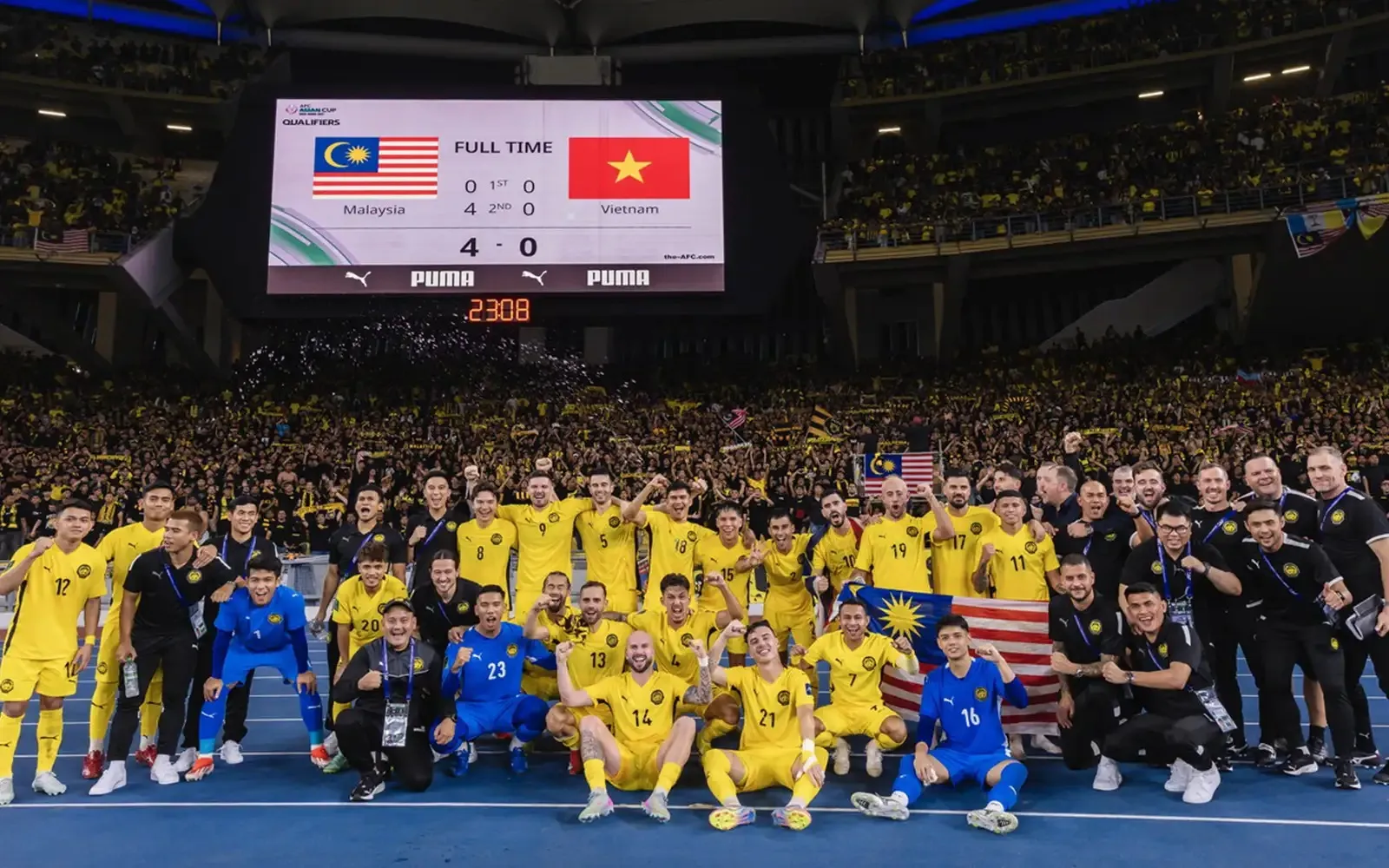 |
(Photo: harimaumalaya) |
"Naturalisation is stupid," Santokh Singh, a Malaysian football legend who played 119 times for his country, seventh on the all-time appearances list, told AFP in 2022. "We have no shortage of local players, much better than the naturalised ones, if only they could play."
Malaysia’s naturalisation strategy began in 2018, ahead of the 2022 World Cup qualifiers. Mohamadou Sumareh was the first to represent the Malayan Tigers under this policy. He was born in Gambia and was granted citizenship after spending five years living and working in the palm oil country. Liridon Krasniqi and Guilherme de Paula were the next.
But in the second qualifying round, Malaysia beat both Thailand and Indonesia in two matches but lost both to Vietnam. The World Cup dream was shattered and criticism began to rise. Two months after returning from the UAE, the Football Association of Malaysia (FAM) announced the suspension of the naturalization project.
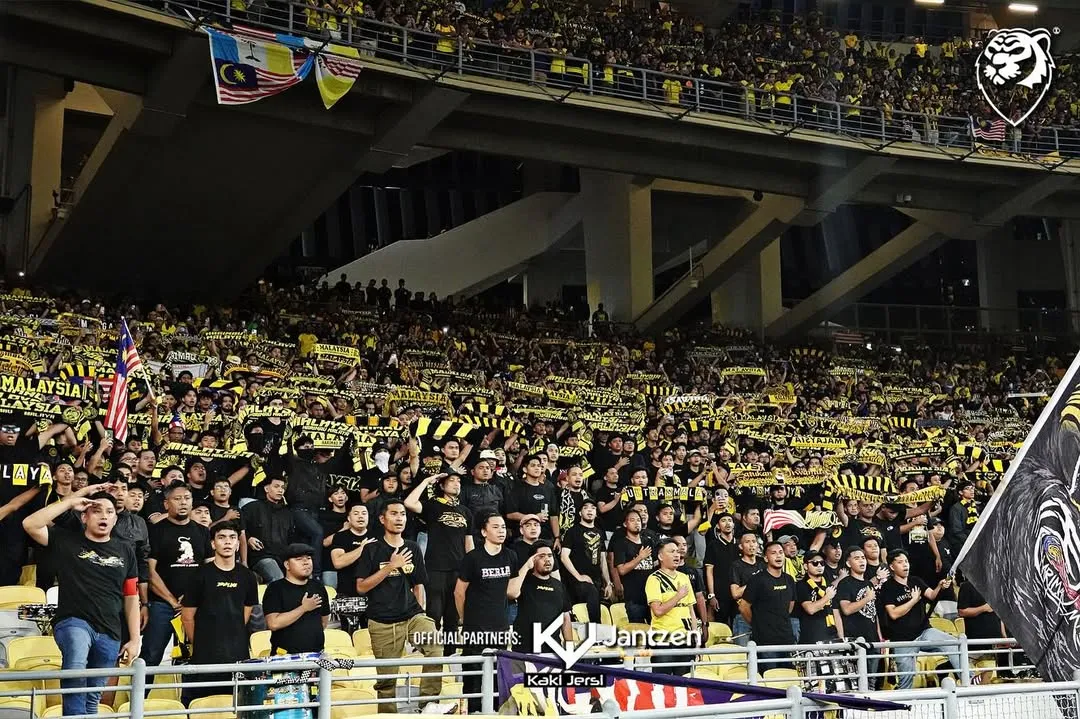 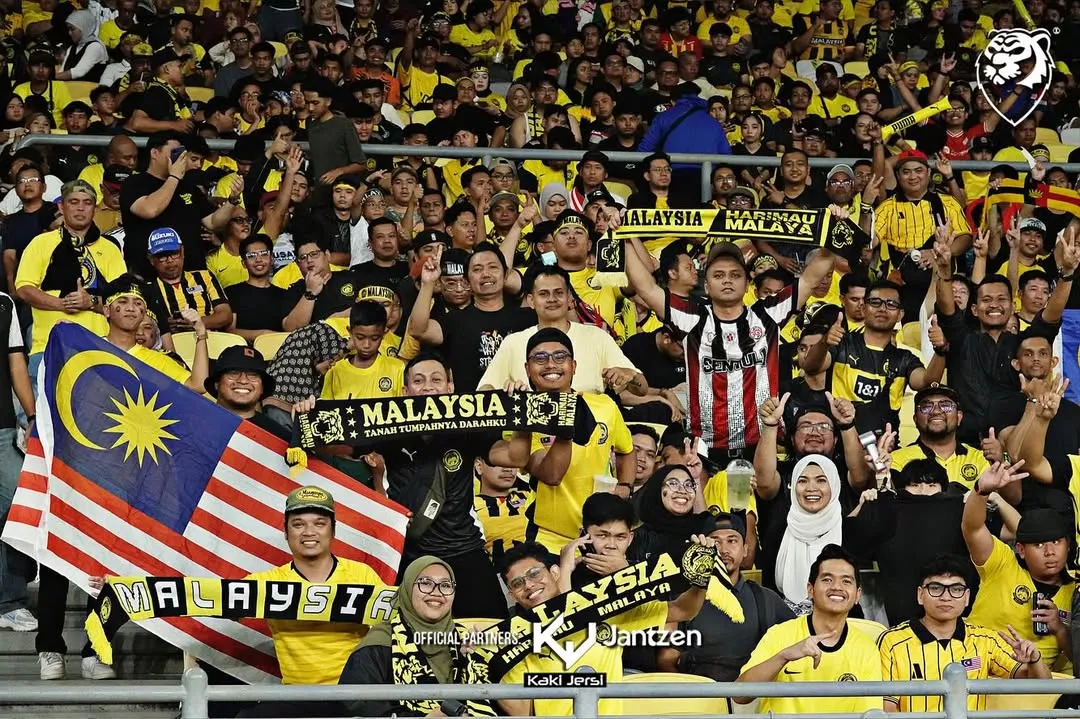 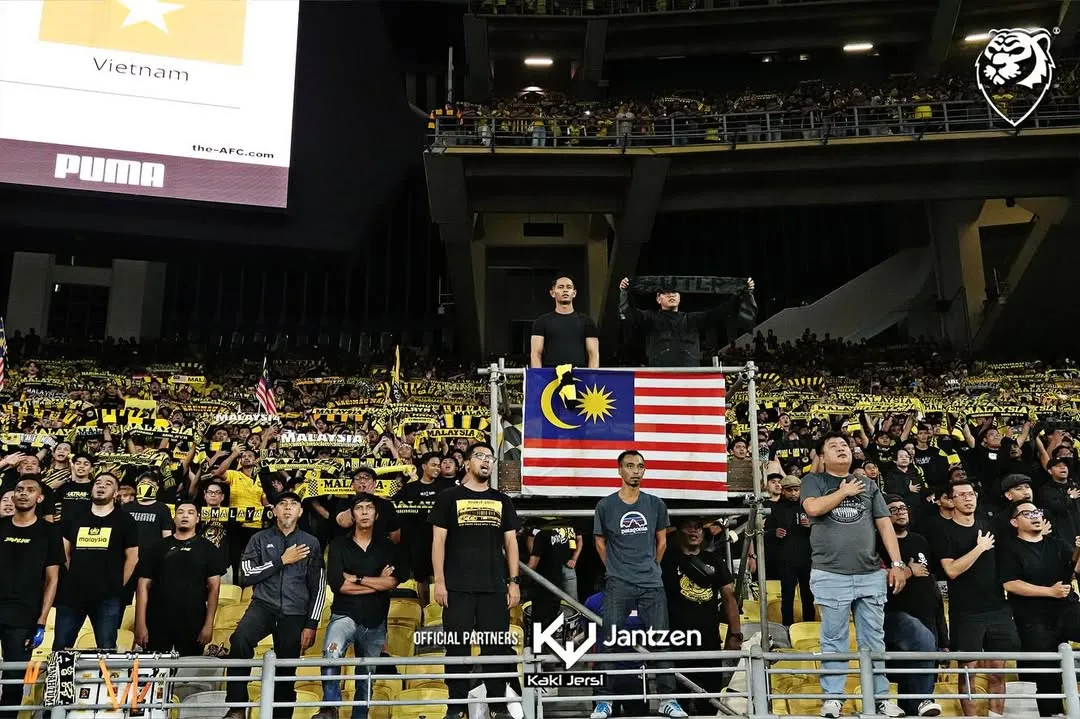 |
Those who once opposed the naturalization policy are now excited about the impressive results of the Malaysian national team. (Photo: harimaumalaya) |
However, not everyone is against naturalization. Former Malaysia coach from 2007-2008, B. Sathiananthan said: "If you only have a 2-year contract, do you have time to wait for domestic players to mature?"
This is a tough question indeed. Southeast Asia, with 655 million people, is home to about 8.5% of the world's population. What they all have in common is a passion for football and a hunger for success.
The expansion of the World Cup to 48 teams has sparked dreams in every country, from Vietnam, Thailand, Indonesia, Singapore to Malaysia and the Philippines, and even Cambodia. How to upgrade the squad, then participate in the World Cup is the common thought. Naturalizing players becomes a great solution, both bringing quick results and shortening the waiting time, instead of developing grassroots football that may take decades.
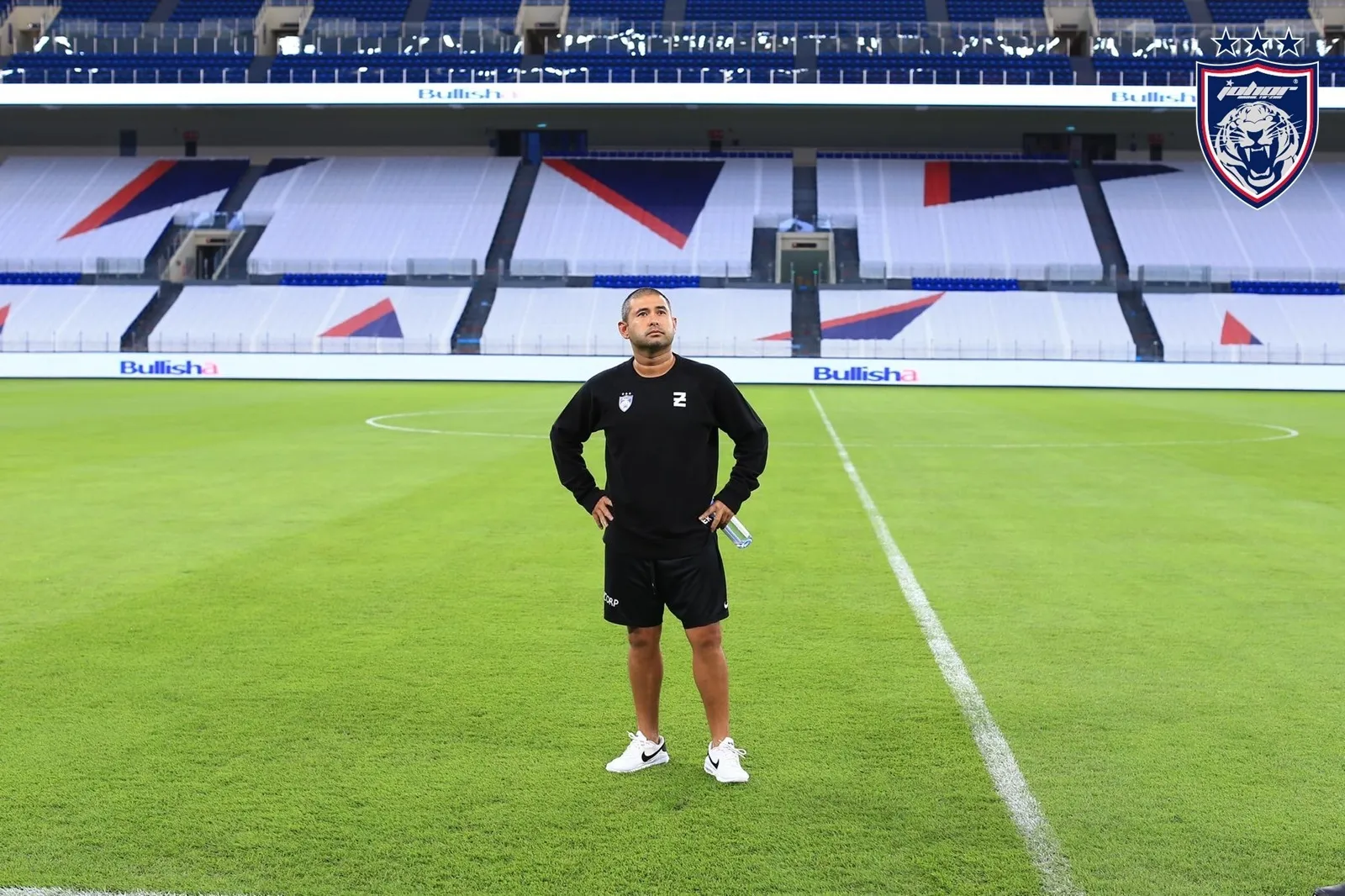 |
Regent Tunku Ismail Sultan Ibrahim has ambitions to take the Malaysian national team to new heights. (Photo: Hype) |
Back in Malaysia, the naturalization plan was revived when the King Regent, heir to the throne of Johor, Tunku Ismail Sultan Ibrahim, who is also the President of Johor Darul Ta'zim FC, was determined to improve the Malaysian national team. Along with the extensive reform program, he also participated in promoting the naturalization of players. Unlike before, this time, the targeted players are of Malaysian origin.
"Behind the emergence of Holgado, Garces, Machuca, Figueiredo and Irazaba in the Malaysian national team is the Sultan of Johor. He has been a strong supporter in many ways. The Malayan Tigers are thriving partly because of his network, his national connections and his passion for football," Farah Azharie, a journalist for the New Straits Times, wrote in Football Magazine.
The naturalized players, mostly "Malaysians", have really transformed the Malaysian team. Witnessing their performance at Bukit Jalil in a 4-0 victory over the reigning Southeast Asian champions Vietnam, it is easy to see that their class is above average.
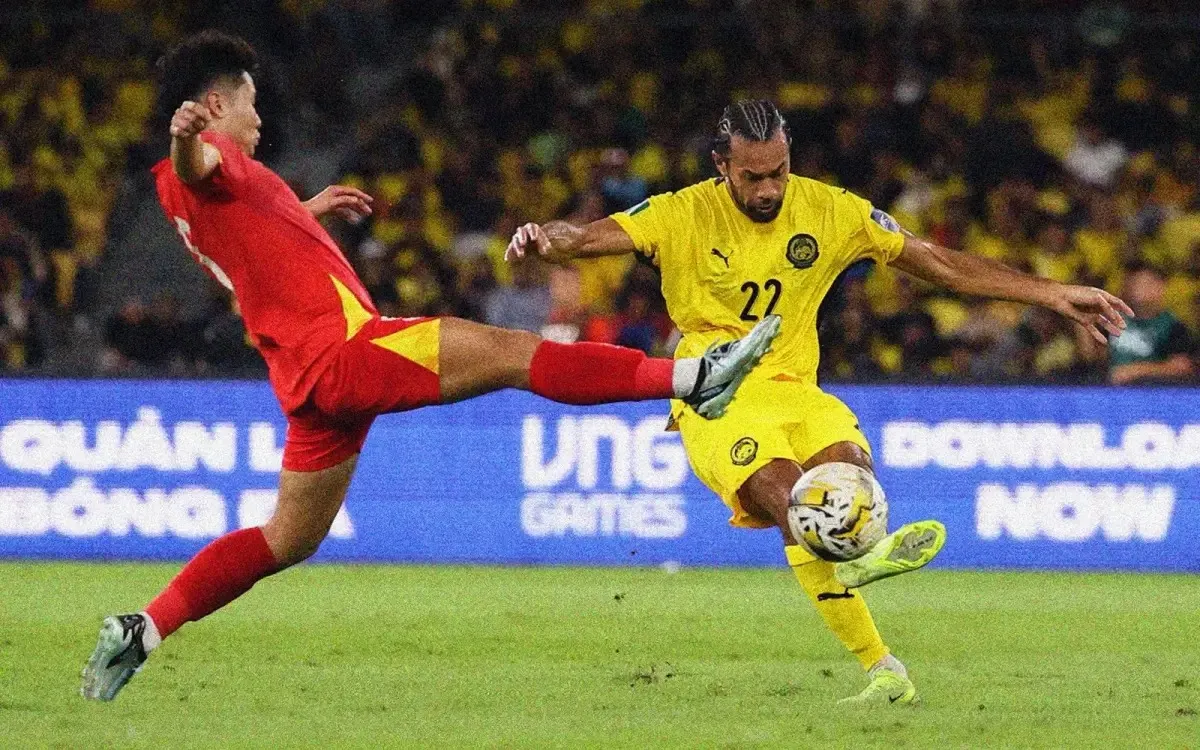 |
The Malayan Tigers made the Vietnamese team suffer a heavy 0-4 defeat. |
It was then that everyone had to admit that in football, the ends justify the means. There was no sign of frustration from the Malaysian fans. On the contrary, only 61,512 spectators cheered loudly at Bukit Jalil. The Malaysian version of the New Straits Times also praised "the players brought in show the correctness of the naturalization policy".
When you win, the complaints disappear. It was the same in Indonesia. In the early stages of the mass naturalization policy, there were protests in many parts of the archipelago. But as the victories came, culminating in Indonesia reaching the fourth round of qualifying for the 2026 World Cup, only euphoria remained.
In an article earlier this year, ChannelNewsAsia cited a survey that found 71.5 percent of Indonesians said a player’s birthplace should not matter. Now, the number is certainly much higher.
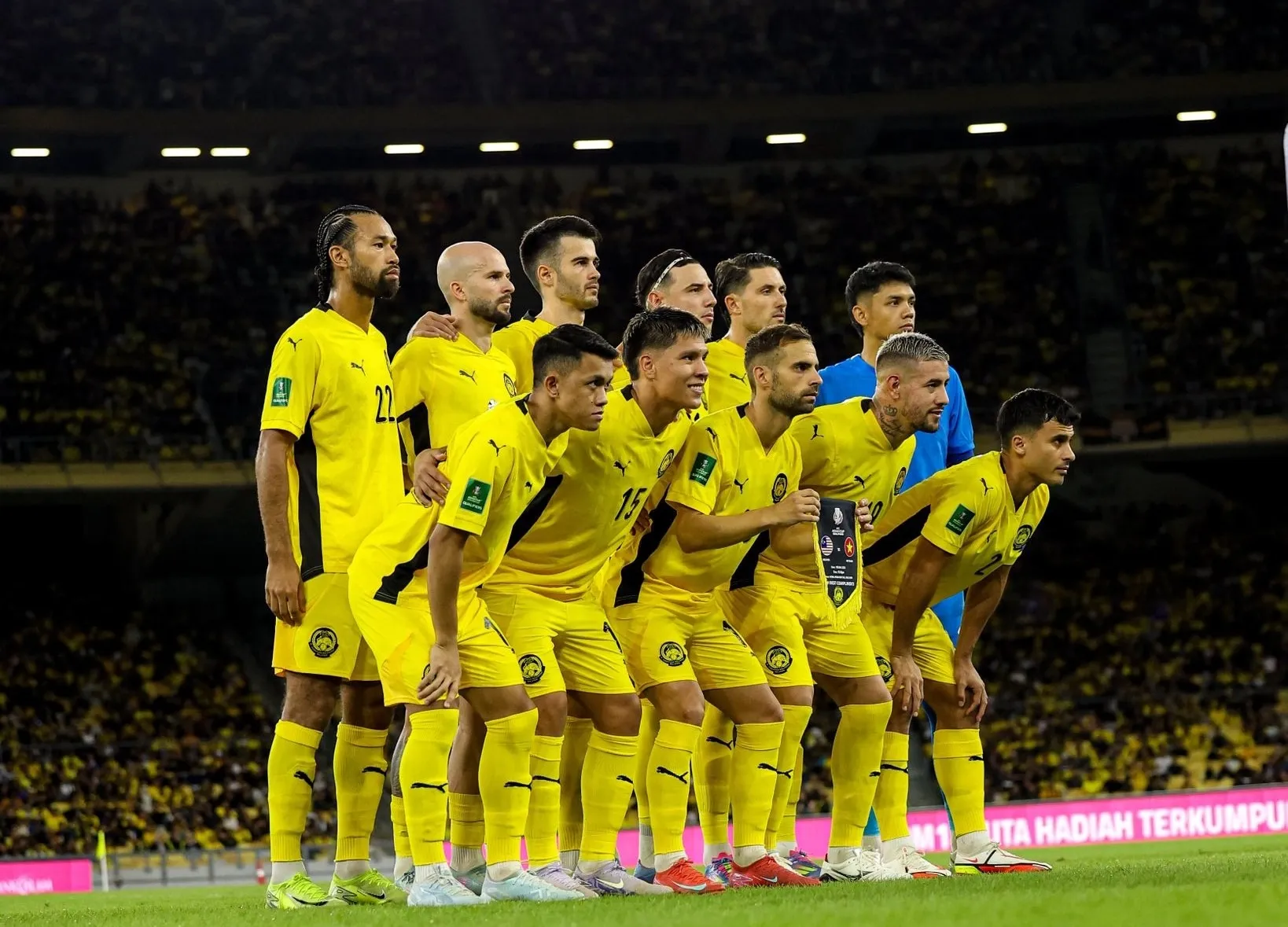 |
The Malaysian national team has up to 9 naturalized players in the 2027 Asian Cup Qualifiers match against the Vietnamese national team. |
"As long as FIFA regulations allow it, any country has the right to naturalize as many players as possible, not just Indonesia. And this has become a common trend not only in football but also in other sports. The world is transforming into a borderless era," said Indonesian sports journalist Firzie Idris.
Sharing with ChannelNewsAsia , journalist Paul Williams affirmed that naturalizing players is "changing the competitive landscape of Asian football, especially in Southeast Asia". Indonesia ranked 123rd in the world is getting closer to the World Cup dream, or Malaysia ranked 131st defeated Vietnam ranked 109th for the first time in nearly a decade are vivid examples.
"The football landscape will continue to change as results encourage countries to push forward with this strategy," Williams said. Meanwhile, Singaporean sports commentator Nguyen Xuan Son's case was used to highlight the need for naturalized players. "Everyone can see how much of a difference he makes. Vietnam is a strong team with most of their players trained domestically. But physical strength is something they need to look for from outside," Rai said.
Of course, successful naturalization also requires a detailed and elaborate plan. Hamdan Hamedan, an advisor at the Indonesian Ministry of Youth and Sports, revealed that their Football Association (PSSI) owns a database of hundreds of football players with connections to the archipelago.
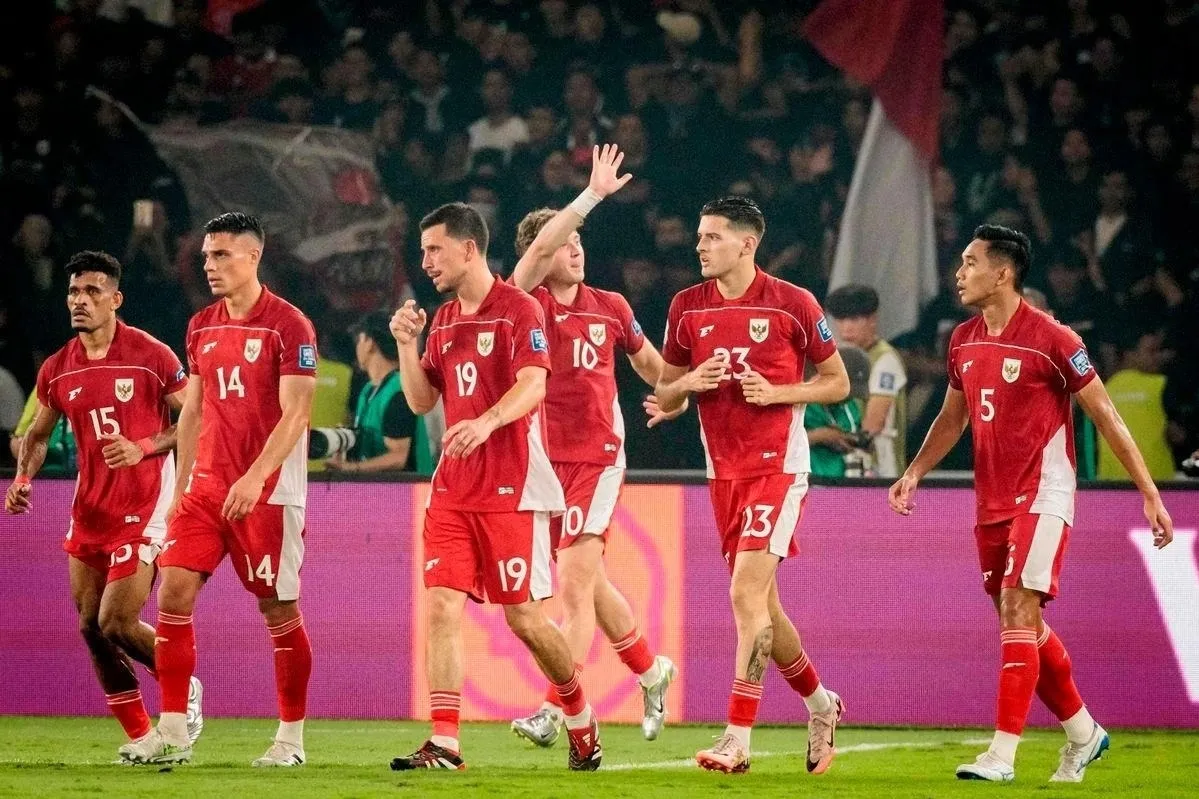 |
Indonesia is making historic strides based on its naturalized players. |
PSSI also works with agents and scouts in Europe to analyse and then approach potential targets about the possibility of joining Tim Garuda . To get quality players, the best way is to find them and convince them, not to wait for them to feel inspired to return, or expect a local club to do it for them.
Of course, naturalization remains a controversial topic, but that is not something policymakers are concerned about when it comes to efficiency. “The critics are just jealous of our success,” said Arya Sinulingga, a member of the PSSI executive committee. “We are prioritizing upgrading the national team first. Once that is done, we will improve other areas, such as youth training and grassroots football development.”
Malaysia is similar, with the Regent Tunku Ismai praising PSSI President Erick Thohir as a role model in football, having upgraded the Indonesian national team in a short period of time. During their meeting in November last year, both also spoke of the goal of "improving the quality of Southeast Asian football, moving towards competing at the Asian level and even the world level".
They have started that dream. And it seems some other countries have fallen behind.
Source: https://tienphong.vn/chuyen-nhap-tich-cau-thu-o-dong-nam-a-va-nhung-doi-khong-theo-kip-xu-the-dang-bi-bo-lai-phia-sau-post1750225.tpo






















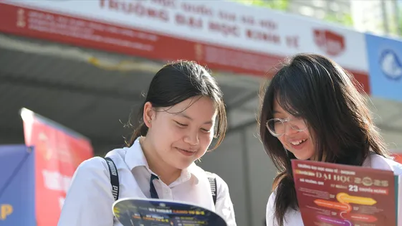

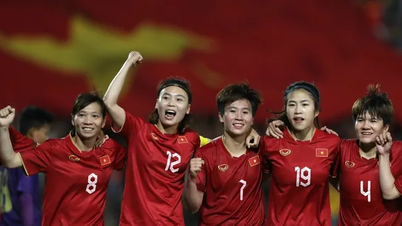
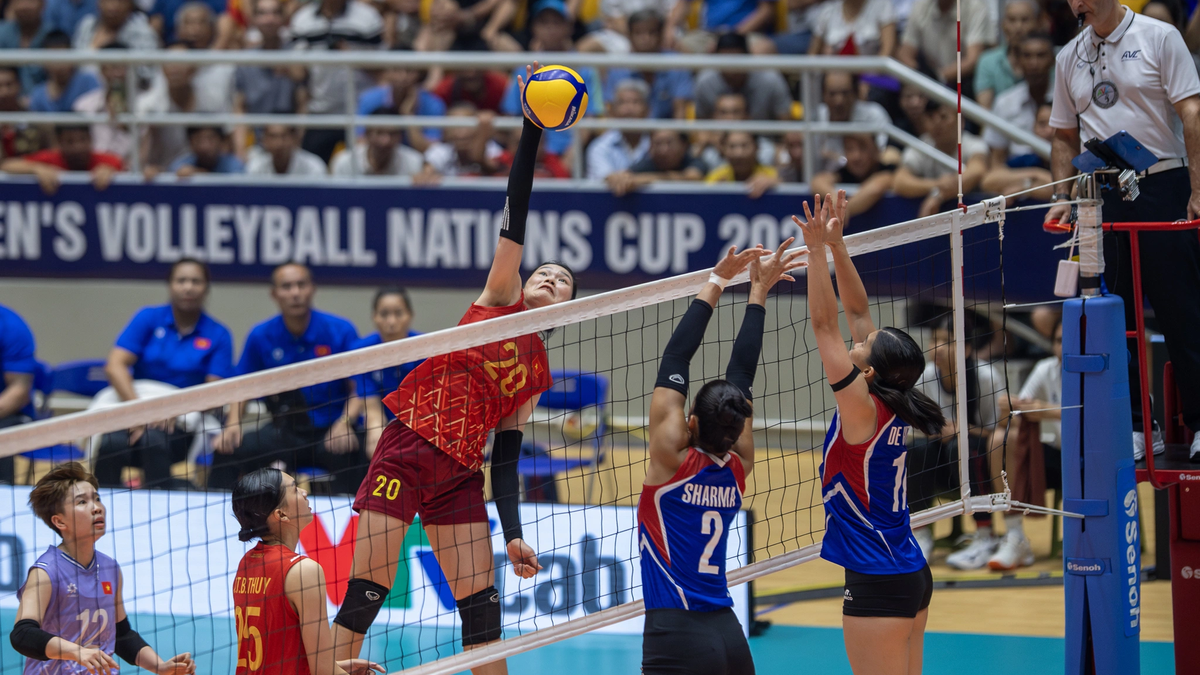
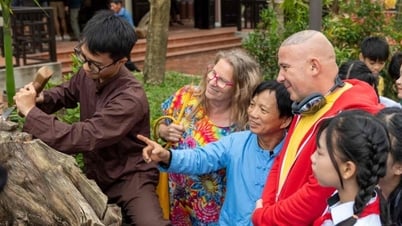































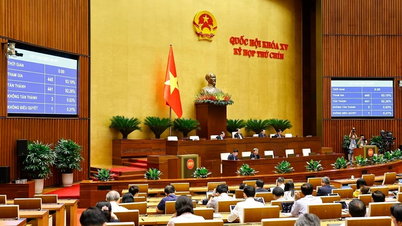

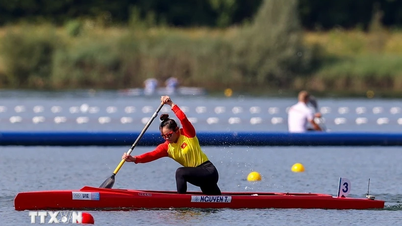





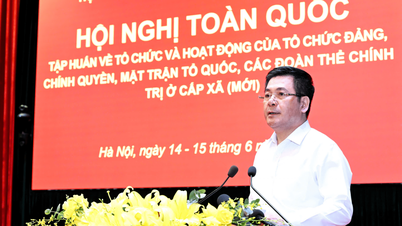
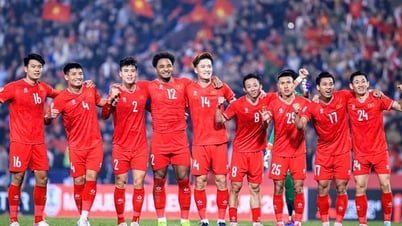

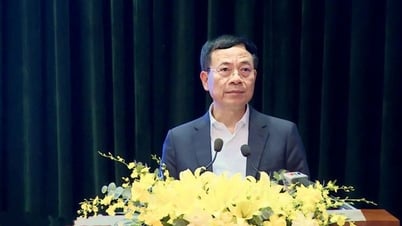

























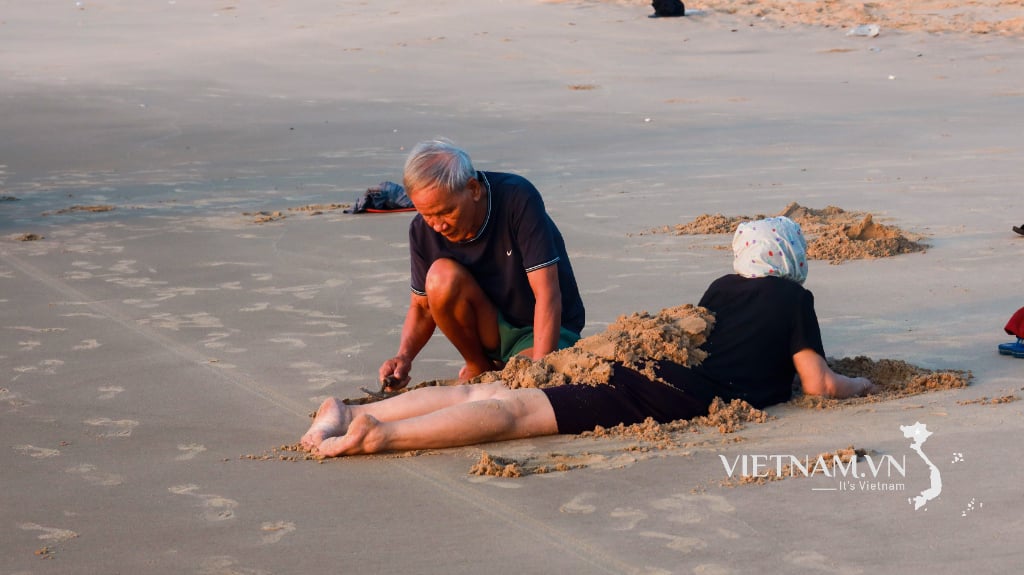
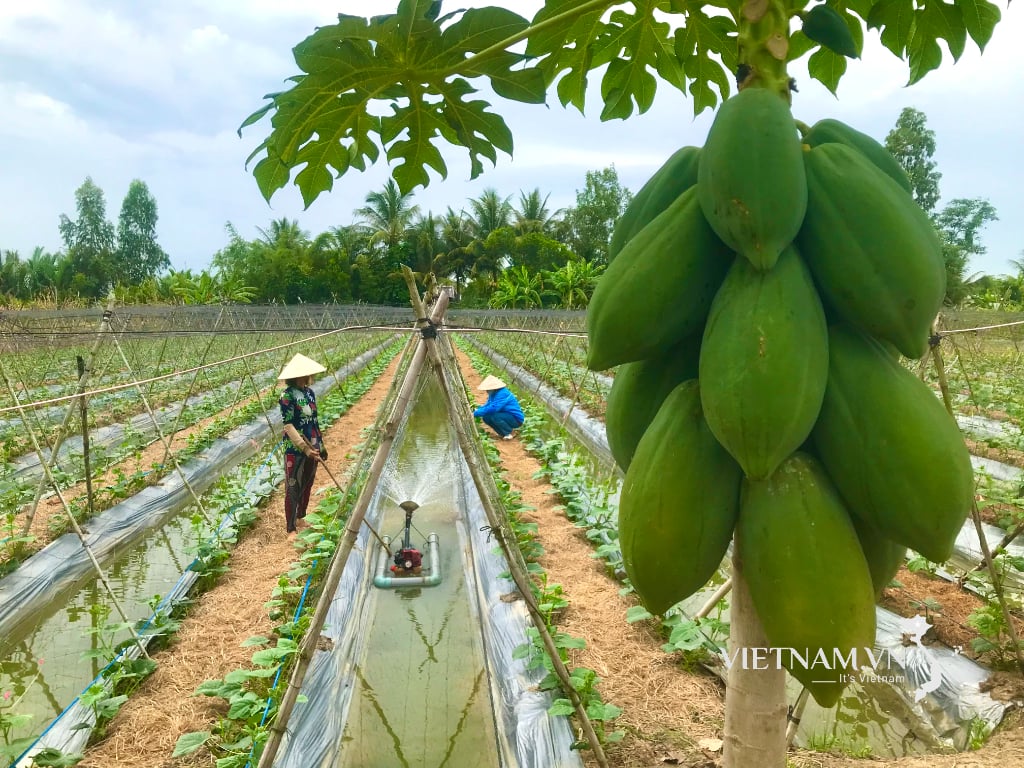
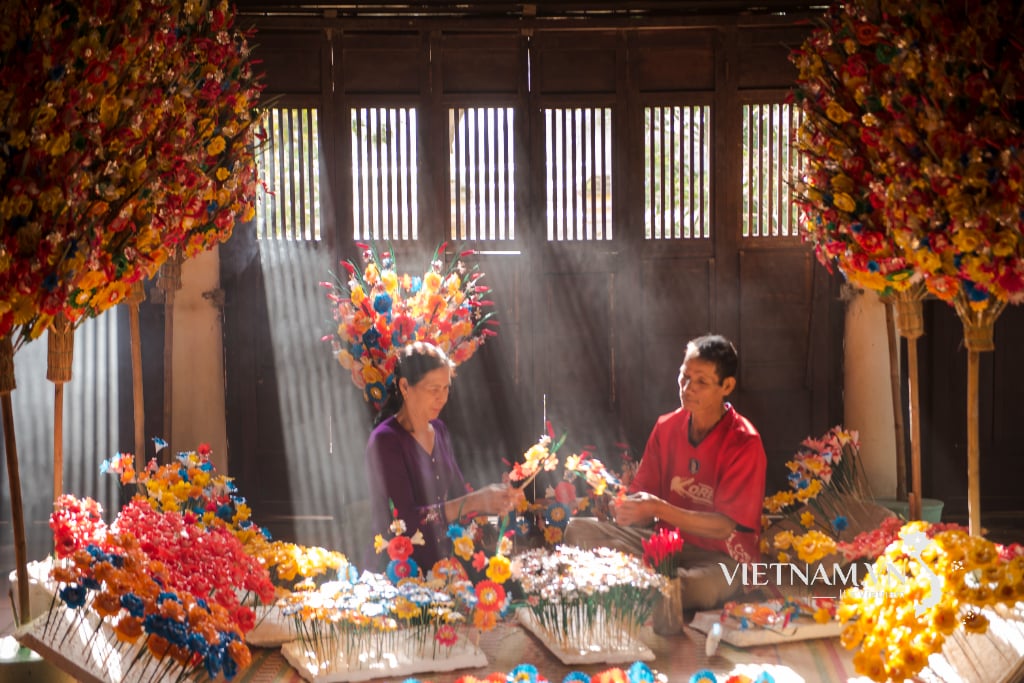
Comment (0)